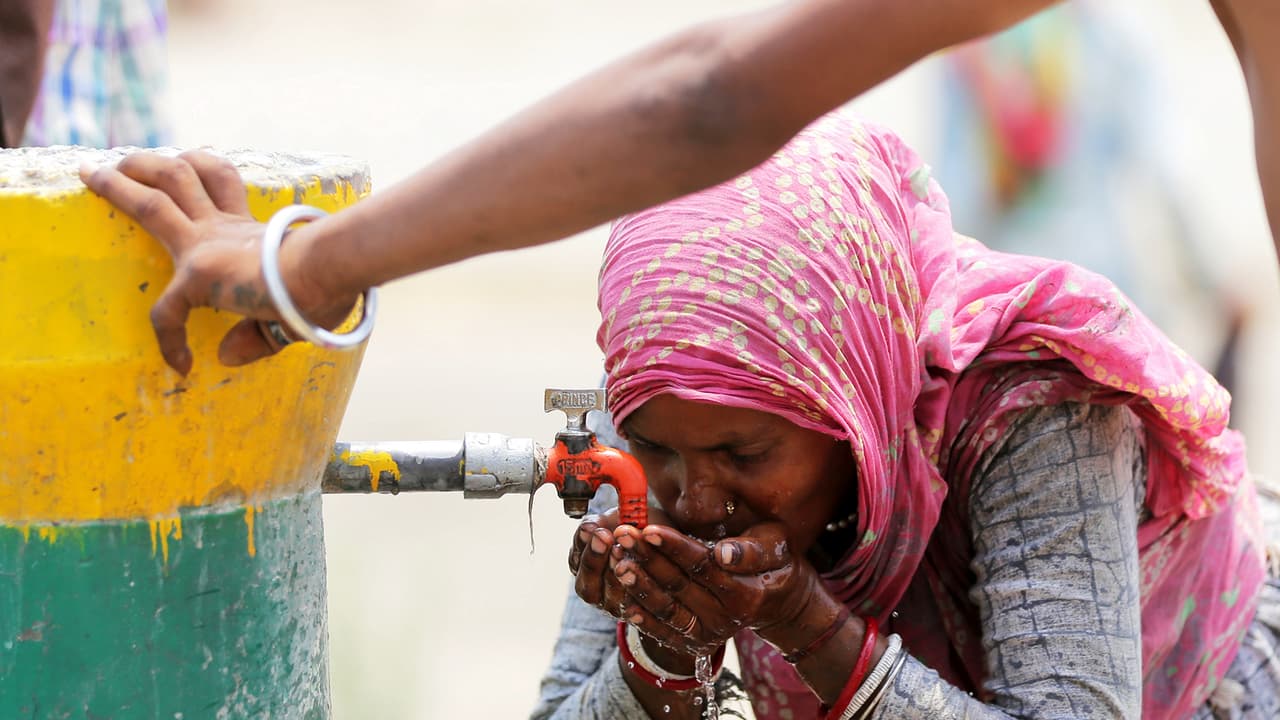Central officers’ audit of the Jal Jeevan Mission across 473 villages reveals significant functionality gaps, especially in mega projects. The Centre directs states to act on irregularities, leading to action against officials and contractors.
The Jal Jeevan Mission (JJM) has come under intense scrutiny as 287 central nodal officers, appointed at the direction of Prime Minister Narendra Modi, carried out extensive ground verification of mega and single-village water supply projects across nearly 473 villages, covering schemes worth close to Rs 1.30 lakh crore. The inspections were conducted as part of the Centre’s push for strict monitoring and a zero-tolerance stance toward financial, procedural and quality-related violations under the mission.
According to officials, the states have been repeatedly instructed to ensure that every complaint is examined promptly, field verification is carried out without delay, and all required disciplinary, contractual, and legal actions are taken without exception. Transparency and accountability remain non-negotiable pillars of the scheme, as the Prime Minister emphasised.
Inspection Reveals Major Gaps in Mega Schemes
Feedback submitted by the central nodal officers revealed significant functionality gaps in mega water supply schemes, where 68 per cent of the villages inspected reported regular water supply, 6 per cent reported irregular supply, and 26 per cent were found to be non-functional. The deficiencies were largely attributed to delays in commissioning, maintenance issues, and shortages of trained staff. In contrast, single-village schemes showed stronger performance, with 94 per cent of villages reporting regular water supply and only 2 per cent found to be non-functional.
Centre Orders Action on Irregularities
Following the identification of gaps, the Centre directed states to address critical observations, rectify implementation weaknesses, and submit action-taken reports. Chief Secretaries of all states were formally asked to expedite pending irregularity cases, particularly those before vigilance bodies such as the Anti-Corruption Bureau, Lokayukta, and others.
Action Taken Across 20 States
ANI has learnt that 20 states–including Assam, Chhattisgarh, Gujarat, Haryana, Jharkhand, Karnataka, Kerala, Ladakh, Madhya Pradesh, Maharashtra, Manipur, Meghalaya, Odisha, Rajasthan, Tripura, Tamil Nadu, Uttar Pradesh, Punjab, and West Bengal–have reported cases of irregularities and submitted action-taken details in 607 cases involving 621 departmental officials, 969 contractors, and 153 third-party inspection agencies.
Punitive Measures and Arrests
Action taken so far includes 579 departmental proceedings, 12 suspensions, penalties imposed on 531 officials, blacklisting or debarment of 236 contractors, termination of 116 contracts, and the removal of 143 officials from third-party inspection roles. Further, nine FIRs have been registered against 20 officials, 10 contractors, and one TPIA. Arrests include one former minister, 10 officials, and eight contractors.
JJM’s Goal and Progress
Prime Minister Modi has repeatedly emphasised that there should be zero tolerance for corruption. JJM was launched in 2019 to ensure drinking water for every rural household. At the time of its launch, only 3.23 per cent of rural households had tap water connections.
As of November 2025, 15.7 crore rural households have been provided tap water connections under the mission. (ANI)
(Except for the headline, this story has not been edited by Asianet Newsable English staff and is published from a syndicated feed.)
